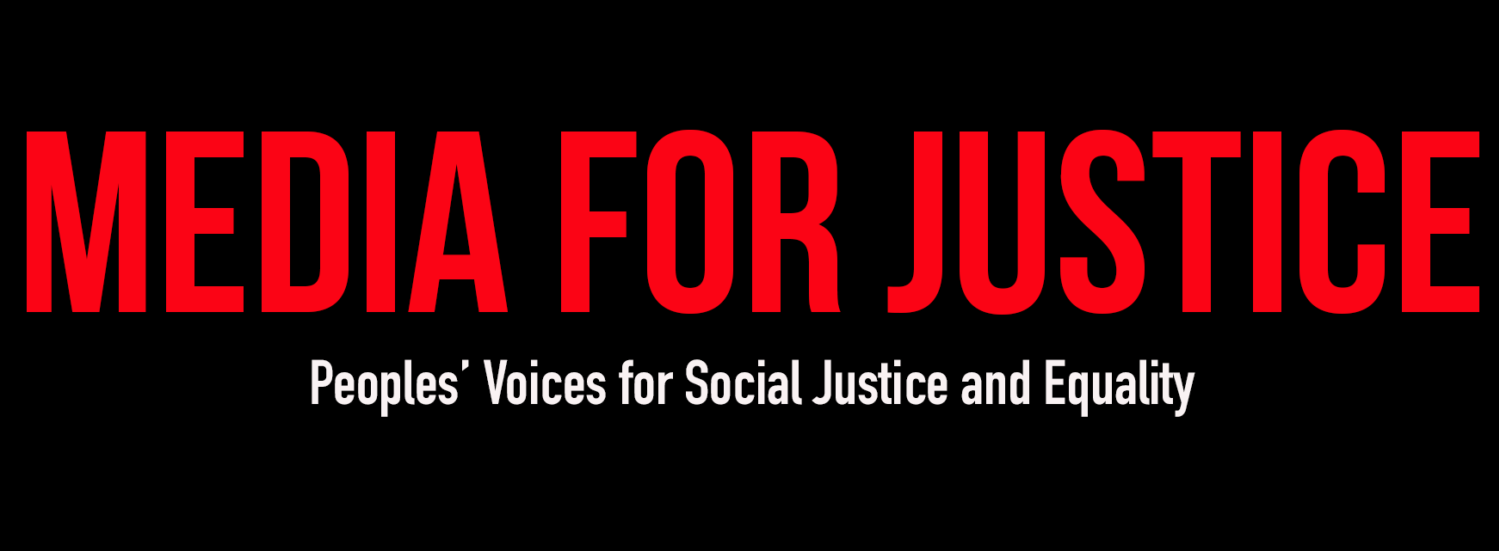By: Corneel Booysen
In his essay, “The ‘New South Africa’ needs an upgrade,” Max du Preez made some positive recommendations towards restoring racial harmony and making progress with reconciliation. He also makes an accurate observation that it is time for the Afrikaner to do a quantum leap.
However, as he has done before, he makes himself guilty of reinterpreting history, or seemingly projecting his ideas of what history should have been and with that intellectual dishonesty he loses credibility. His big problem seems to lie in accepting the history of the Afrikaner’s ruthless suppression of other races in South Africa.
In his essay he makes the following statement:
“They should explain that the Afrikaners’ diverse forebears (Dutch, French and German with some slaves and Khoikhoi) never served a foreign power and turned their backs on Europe within a generation of arriving at the Cape in 1652.”
Now as far as I know a generation is about 70 years but that is not really what bothers me…
When I read that statement, I want to ask “Why?” Why is it so important to try to make some contrived point about the Afrikaner not being colonialists? It is true that the Afrikaner eventually formed their own identity, but they always kept their ties to Europe, when not in direct colonial control, at least in colonial thinking. Does it really matter whether an Afrikaner that oppressed a native African was controlled by some European overlord or that it was the mindset – that perceived superiority that many Europeans held, that was ultimately the cause of how the Afrikaner behaved?
But while it is very easy to prove that most Afrikaners held, and many still hold onto their European habits, convictions, religions and yes, even delusions – I think it is important to point out how much Europe continued to influence the Afrikaner or Dutch settlers long after the initial settlement of 1652 (keeping in mind that the single generation Max refer to would have ended in 1722).
In his book, “The Netherlands, cradle of apartheid (1987)” Gerrit Schutte writes, “The Dutch United East India Company would only allow entry to the Cape of Good Hope to members of the Reformed Church until far into the eighteenth century.” (Schutte 392) That clearly extended beyond 1722.
The Dutch East India also allowed the Calvinist settlers to own slaves into the nineteenth century. In his book, “Slavery and Denial (2006),” Anthony Holiday shared the following about the actions of the Dutch Easy India Company: “This was the edifice, erected by the Dutch East India Company in 1679 to house its slaves. It has variously been called the Slave Lodge, the Post Office, the Supreme Court and the Cultural History Museum. Although its chief function until 1828 was to house slaves, it also served as a brothel in which, during set hours, visiting sailors and local worthies took their pleasure with female slaves while their men folk were out emptying the town’s excrement into Table Bay Harbour, and as a lunatic asylum. Over the whole slave-owning period at the Cape, the Lodge population averaged about 476 slaves, although at peak periods it housed as many as 1,000 slaves, convicts, and lunatics.”
Holiday also wrote on the attitude of the Dutch settlers over slavery: “Neither was religion exempted. The Lodge slaves (although not household slaves, who made up the bulk of the enslaved population) were baptised into the Dutch Reformed Church. However, the egalitarian aspects of Calvinism did little or nothing to diminish the settlers’ conviction that slave-holding was a normal and acceptable feature of social life. As Shell put it, ‘‘Slaves became more important for the settlers’ way of life than the Calvinist Christ’’ (Shell 1994, p. 369). Indeed, so important were they that emancipation, and even the threat of it, was among the prime causes of the Afrikaner exodus, known as the Great Trek, of 1834– 1938 and was cited as such in the Trekker Manifesto drawn up by Anna Steenkamp, who was to write in 1844 that ‘‘placing slaves on an equal footing with Christians was contrary to the laws of God and the natural distinction of race and religion’’ (Elphick and Gilomee 1979, p. 507).”
We also know that the control and influence of the Reformed church in the Netherlands continued to influence Afrikaner thinking into the twentieth century because Schutte also mentions that it was the nineteenth-century neo-Calvinism that had the largest influence on the Afrikaner Calvinists in creating their notion of being God’s chosen people.
After referencing but a few sources like these, I stopped because it was clear that Max making statements that the Afrikaner was not controlled by colonialist powers or at least attitude is simply false and disproving it is as easy as shooting fish in a barrel. While I believe that he makes some constructive comments his credibility as journalist comes into question when he displays the rather obvious agenda of smoothing the edges of the severity of Afrikaner settler history.
I believe the road to reconciliation is for the Afrikaner to admit the whole terrible history of South Africa. Then after admitting it to sign a declaration to express the Afrikaner’s remorse over not just Apartheid but 300 years of oppression that eviscerated the social, economic and psychological well-being of other races in South Africa. Then in a true symbol of reconciliation the Afrikaner should work with other races to break down the uneven playing ground of white privilege. That Mr. Du Preez is the true path to reconciliation.

